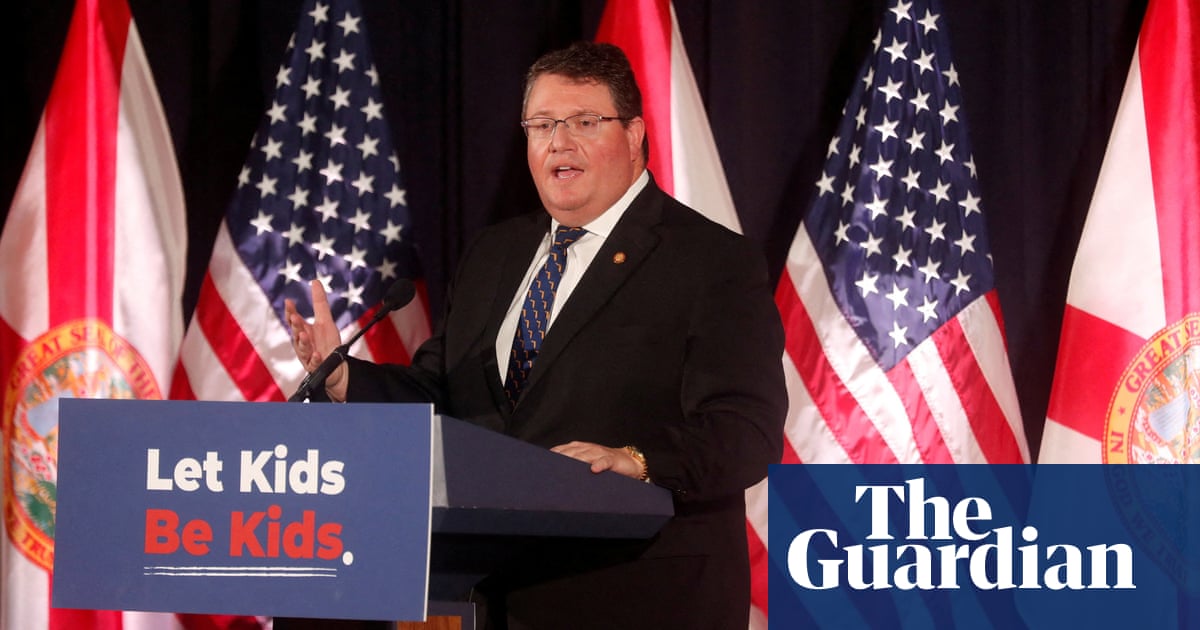The first months of the new Trump administration have been dizzying with the breadth of executive actions to slash the social safety net, further enrich the wealthy, and inflame division based on outdated notions about culture and identity. While White House policy pronouncements have come with flair and political theater – such as the president signing orders on a Jumbotron – in Congress there are quieter but equally pernicious efforts aimed at silencing the votes and voices of communities across the country.
One such piece of legislation is the so-called Safeguard American Voter Eligibility Act, or Save Act, which would require Americans seeking to register or re-register to vote to prove US citizenship. This dangerous bill would in effect strip millions of Americans of their access to the vote, while making the voting process more difficult and burdensome for everyone else. Rather than make our elections more secure, the Save Act would disenfranchise millions based on nothing but a series of debunked conspiracy theories.
Last week, meanwhile, the White House issued an executive order that would upend voter registration and our elections – requiring additional proof of citizenship on federal voting forms; seeking to block states from from processing mail-in ballots after election day; paving the way for funding cuts to states that refuse to fall in line; and directing Elon Musk and his so-called “department of government efficiency” to review voter information. It’s a blatant, brazen and unlawful attempt to try to remake our election system by fiat that represents a direct attack on the checks and balances that have secured our elections for generations. The order is sure to face legal hurdles and should not stand up to scrutiny by the courts or the American people. Now, at the same time as we are calling out this attempted power grab by the Trump administration, we must also prevent Congress from making the mistake of disenfranchising millions of voters.
According to research by the Brennan Center for Justice, more than 21 million US citizens of voting age don’t have easy access to proof of citizenship documents, and only about half of American adults have a passport, while millions do not have access to paper copies of their birth certificates. Married women whose legal names do not match their birth certificates could be disenfranchised by the Save Act, and folks looking to obtain lost or misplaced birth certificates would face financial and logistical hurdles.
The Save Act would restrict voters’ ability to register to vote online and through the mail while also severely limiting the ability of non-partisan civic organizations to conduct voter registration drives, which have been crucial to civic engagement for more than a century. That’s because, despite voters’ ability to register to vote at the DMV and registration efforts by political parties, data shows that voter registration drives from non-partisan organizations can account for about one-fifth of voter registration applicants – roughly equal to the political power of California, Florida and Texas combined. We simply cannot sit back and allow Congress or the White House to destroy the infrastructure of our elections by disenfranchising so many voters.
Voter registration drives by non-profits have a rich and powerful history, dating back to the League of Women Voters and other civic groups encouraging women to register in the 1920s after the passage of the 19th amendment. During the Freedom Summer of 1964 in Mississippi, students from northern states traveled to Mississippi to canvass the state and register Black people to vote as the civil rights movement pushed back on centuries of racist voter suppression. And in more modern elections, voter registration drives have become a critical vehicle for driving community engagement among communities of color and marginalized groups that the traditional political system has left behind. Historically, political parties categorize voters based on their likelihood to vote, and “low propensity” voters are sometimes considered unworthy of political candidates’ time and resources. Without non-profit organizations and civic groups stepping in to spur engagement, we risk a vicious cycle in which marginalized communities are completely ignored.
At State Voices, the nation’s largest non-partisan civic engagement network responsible for collecting over 840,000 voter registration applications and contacting over 66 million voters in 2024, we see first-hand the impact of voter registration drives to reach communities that are overlooked and underserved. Last year, our affiliate in Nevada, Silver State Voices, sent staff to help register tribal members from the Duck Valley and Pine Nut Reservations – carrying downloaded maps to register applicants who live in rural areas without a street address. In Wyoming, a network of civic organizations helped a county clerk to register hundreds of high school seniors. And in Nebraska, the Nebraska Voting Rights Coalition helps register newly eligible voters who have completed probation and parole requirements due to past felony convictions. These stories represent only a tiny fraction of the impact of nonpartisan voter registration efforts in communities across the country – and they’re all under threat should the Save Act become law.
Our nation faces huge questions in the coming elections about the future of our economy, our healthcare system, our children’s education, the environment and more. For our democracy to thrive, we must allow voters to have their say – not restrict who has a voice based on logistical hurdles. As this bill moves forward, it is imperative for people to make clear to their members of Congress that they must reject the Save Act permanently.
-
Alexis Anderson-Reed is the president of State Voices, which coordinates hyper-local election registration, education and mobilization across 24 states with 1,200 partners in Bipoc and working class communities across the country

 German (DE)
German (DE)  English (US)
English (US)  Spanish (ES)
Spanish (ES)  French (FR)
French (FR)  Hindi (IN)
Hindi (IN)  Italian (IT)
Italian (IT)  Russian (RU)
Russian (RU)  1 day ago
1 day ago
























Comments